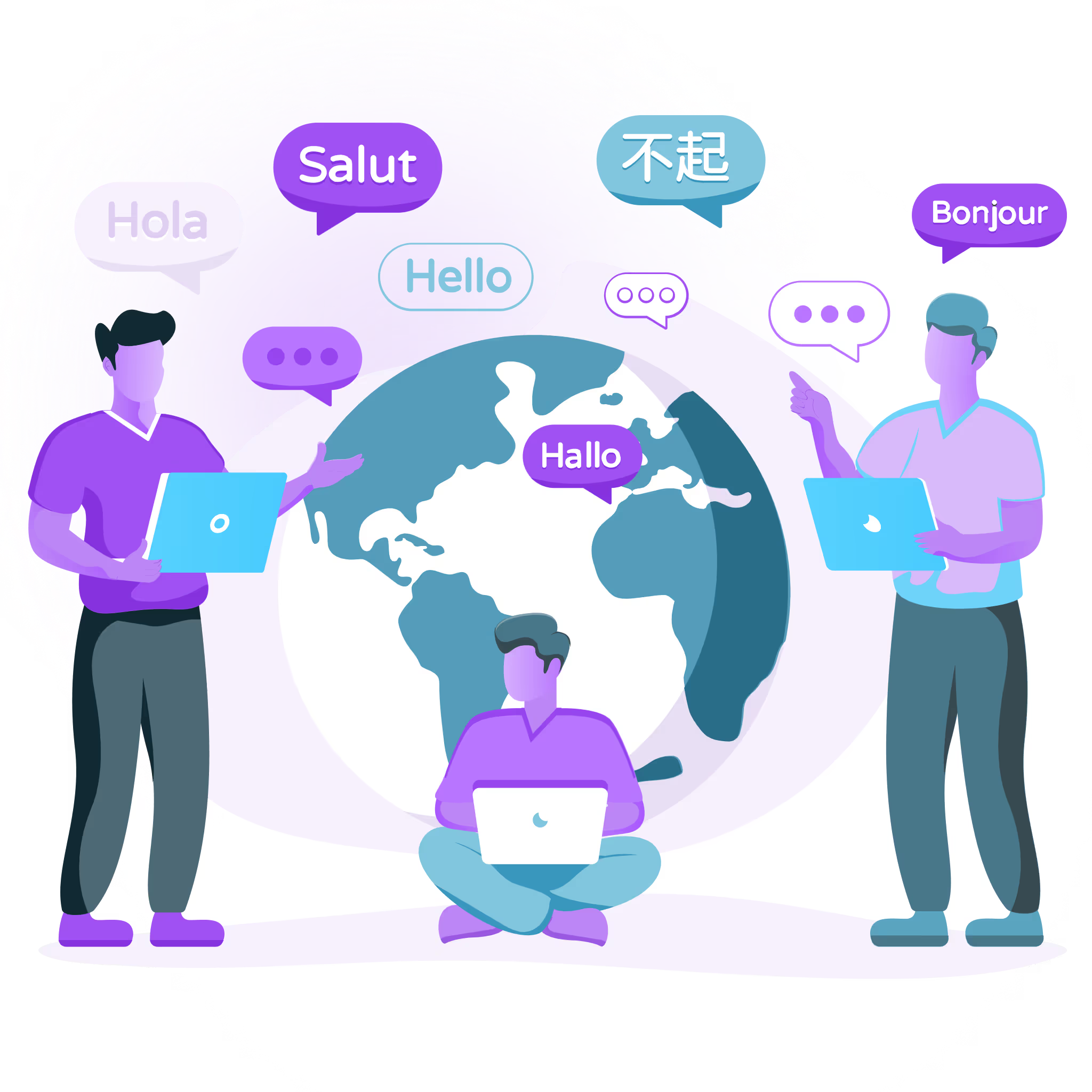When you think of the world as one big market instead of a collection of different countries, your mindset is right for global expansion.
So, what is global expansion? It’s a business growth strategy that takes a company into new markets around the world. International businesses like Apple, Coca-Cola, and IBM started in one market and slowly grew to other international locations. This is the practice of global expansion.
Launching your business into foreign markets is a big step. Are you ready to go beyond your home country?
Read on to explore global expansion strategy and see if it’s right for you.
The Pros and Cons of Global Expansion
Doing business internationally comes with a unique set of benefits and drawbacks.
Benefits of Global Expansion
Here are some of the top reasons why companies decide to do business in new countries.
Business growth
- When you go global, you have the opportunity to reach untapped markets. Expansion increases your chances of finding new customers and building revenue.
Boosting global brand recognition
- After success in your home market, it makes sense to grow into new markets. Global expansion increases the footprint of your brand.
Staying ahead of the competition
- International expansion helps you gain an advantage over any rivals that stay only in the home market. Get a head start and enter a new market before your competition.
Access to local talent
- When you’re a global business instead of a local one, you have access to a new talent pool of people all around the world. Hiring local experts in different places brings new ideas and innovation.
Drawbacks of International Expansion
Here’s why expanding into different countries can be a big challenge for some brands.
Risk of failure
- If you don’t do your research to properly localize your content, your international expansion could fail. Even top companies like Starbucks bungled their global launches by neglecting to do their research into target markets like Australia.
Cultural differences
- From languages to business practices, different countries have different rules and cultural norms. If you don’t make time to learn about the culture, language, and standards of the target locale, you risk alienating your potential customers. For example, you shouldn’t assume that an English-only website is good enough for the rest of the world; instead, you’ll need to translate your site.
Cost
- Launching a global brand is costly and time-consuming. You’ll need to understand international infrastructure, supply chain logistics, and international business standards. You also need to decide how much you want to spend on translation and localization.
Compliance challenges
- Every country in the world has its own set of unique laws for businesses. For example, if you do business in Europe, you have to comply with the GDPR. It pays to fully understand your target country’s laws before diving into their market. Otherwise, your company could face legal trouble and fines.
Global Expansion Strategy: Things to Consider
If you’re thinking about global expansion, research should be your priority. Prepping for global growth is the key to success.
Why? Because success at home doesn’t guarantee success abroad. When brands fail to localize their customer experience to different markets, potential consumers will take their business elsewhere.
Here’s an example. After dominating the US market, retail giant Walmart expanded with hundreds of international stores. Over time, Walmart’s global stores have struggled to perform well. Some experts believe Walmart’s failure to embrace local culture and hire local managers tanked their globalization efforts.
Solid planning, research, and content localization strategy can make or break your expansion efforts.
Expansion Strategy Tips
To build your strategy, you should ask your team these questions:
- How much money should be invested in globalization for the brand?
- How can our brand communicate globally? And in which languages?
- What global eCommerce markets should we break into?
- How are we going to train our teams on cultural differences in new markets?
- How should we manage taxes, compliance, and immigration requirements for new countries? What about human resources?
- Can we support a team of remote employees in different time zones?
Getting Started with Global Expansion
As you break into overseas markets, you might notice that global expansion is harder than you thought. Planning a market entry strategy for many markets simultaneously is challenging. It’s not as simple as applying lessons from one market to another. Instead, you need to master the task of understanding multiple markets simultaneously.Here is some advice to help you and your team think globally as you grow into new markets.
-
Start Small and Proceed GraduallyYou likely have a long road ahead of you before you can truly understand the cultural nuances of the local markets you wish to enter. This will take time. The best way to proceed is to start with a market that’s not too different from your own culture.
- For example, Netflix (US) expanded to Canada before moving on to the rest of the world. Now they're one of the biggest streaming companies on earth.

- Understand CulturesCultures vary not only from country to country but also often among demographic groups within a country. There could also be diverse cultural values and norms between generations, socioeconomic groups, and genders.
-
Market Interculturally Successful intercultural marketing requires in-depth analysis across several variables. For instance, different cultures vary in their receptiveness to marketing messages that are direct or indirect, rational or emotional, or explicit or implicit. Here are some examples:
- Some groups respond better to messages that contain supporting information (the Germans and Americans).
- Some cultures respond better to more creative pitches, like the French and the Italians.
- People in France and Sweden are attracted to marketing messages with symbolic allusions.
- The Japanese are alienated by the hard sell and prefer indirect, soft-sell messages.
- Localize and Translate EffectivelyAccording to researchers, over 75% of consumers prefer to purchase products from sites and apps written in their native language. If you don’t translate your websites, apps, and product content, you’ll miss out on revenue opportunities. Choose a translation management system (TMS) that supports your content production goals and integrates with the website management tools you already use.
How Localize Can Help
As you begin your global brand journey, it’s crucial to choose your translation tools wisely.
Localize is a translation management service (TMS) that goes far beyond just translating your content. We help companies of all sizes launch internationally, from Fortune 500 businesses to small startups. Many of our clients, like Verbling Software, often see big boosts in revenue after they start using Localize to translate their content.
To find out how we can support your worldwide expansion, contact us today!








